With Sharon Guskin and Virginia Pye
SHARON: I remember sitting with you on a couch at the Virginia Center for the Creative Arts, talking about the 
What was that meeting like for you?
VIRGINIA: I really liked meeting you, and after I heard your story, I knew we were kindred spirits. I think I’d written five or six novels by then. Four had been represented by agents and had come close, but no dice. I was definitely discouraged, but because I taught creative writing and was head of a literary non-profit, I had to keep writing and trying to get published. I can see now that a side benefit of encouraging other aspiring writers was that it made me practice what I preached. That’s how it was when I met you: if you were going to keep trying, I had to, too! But, I won’t lie: it wasn’t easy.
SHARON: Why didn’t you quit?
VIRGINIA: Like you with your author friends, I had put myself in the company of authors and publishing professionals. I would interview authors on panels and at their book talks, always pointing the spotlight on them, when, of course, I wanted it to shine on me someday. But I believe in Karma. Because I was a good literary citizen to others, they have since returned the favor. Like you! Inviting me to do this interview alongside you as your debut emerges. I feel happy for you and eager to support you. Jealousy and envy does nothing to help build a writing career.
So I’m curious, what kept you going? How did you find encouragement for your work, even without a publishing contract?
SHARON: I’m just stubborn, I think. The fact that my amazing agent had faith in me and loved my last unpublished novel was encouraging. And some of the nice “no’s” from editors were helpful, too. My friends and family were very supportive, which made a huge difference. But when we met, I was pretty scared. That’s why meeting you was inspiring and also daunting — on the one hand, I was terrified that I’d end up in your position, and on the other I felt, well, if she can keep going, then I can keep going.
Artist colonies have always been wonderful for me. There’s a sense of community there; we’re all in the same boat, trying to create new work.
VIRGINIA: Yes, we were simpatico from the start. I was sympathetic to your plight, but also impressed by you. Over the years, I’ve learned that a lot of successful writers have unsold earlier manuscripts in their drawers. There really shouldn’t be any stigma. In fact, we should share a secret handshake or something. But, as you said, we don’t exactly want to be stuck in that camp with each other forever.
How did you feel when your writing buddies started getting contracts?
SHARON: I really had to tackle envy head-on. I know it’s natural to feel these things, but the jealous mind is entirely useless — it doesn’t do a thing but make you miserable and get in your way. So I spent a lot of time learning how to be happy for others and letting go of my own neediness and desire for success. And it’s still a process, of course…the powerful part of not succeeding, though, was that I began to focus on why I wanted to do this. What was my intention? And I realized that there was a story I wanted to tell, about these extraordinary cases that the professors at the University of Virginia were studying, these children who seemed to remember previous lifetimes… I thought people might want to hear about these cases, and think about how we might or might not live our lives differently if they were true. When I focused on my intention to tell that story, all the career anxiety fell away.
How is life different and not so different for you, Virginia, now that you’ve published two books?
VIRGINIA: A huge weight was lifted when I was offered a contract for River of Dust. I no longer had to justify that I 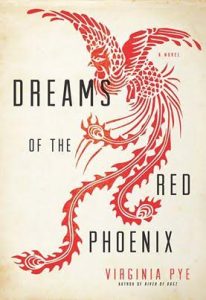
In Elizabeth Strout’s newest novel, her protagonist, who is a writer, says, “I like writers who try to tell you something truthful.” That’s really what it comes down to: writing truthfully, which is a lot harder than it sounds.
In my case, my earlier novels told contemporary stories about American women who resembled me in basic ways as wives and mothers living in cities and dealing with everyday problems. While each book tried to find its truth, in the end I had to write stories set in a distant place and time, far from anything I had ever experienced first hand. River of Dust and Dreams of the Red Phoenix are about Americans in China in the early twentieth century. My characters are good-hearted but hapless, and way out of their element. It took putting my stories in another world for me to find the emotional heart and truth, especially of my female protagonists. The Japanese suddenly attack or Mongolian bandits swoop down to steal a child, and the mothers in my novels are forced to become fully alive and challenged and real.
How were you able to find the truth in your debut? You’ve worked with an editor, Amy Einhorn, whose books are highly successful. You revised over many months and even years. Were there moments when you wished you could just get your novel out there because you were so eager to be published? Or are you glad you waited?
SHARON: Amy took the book on when it was really very different, very flawed, and we went through three whole 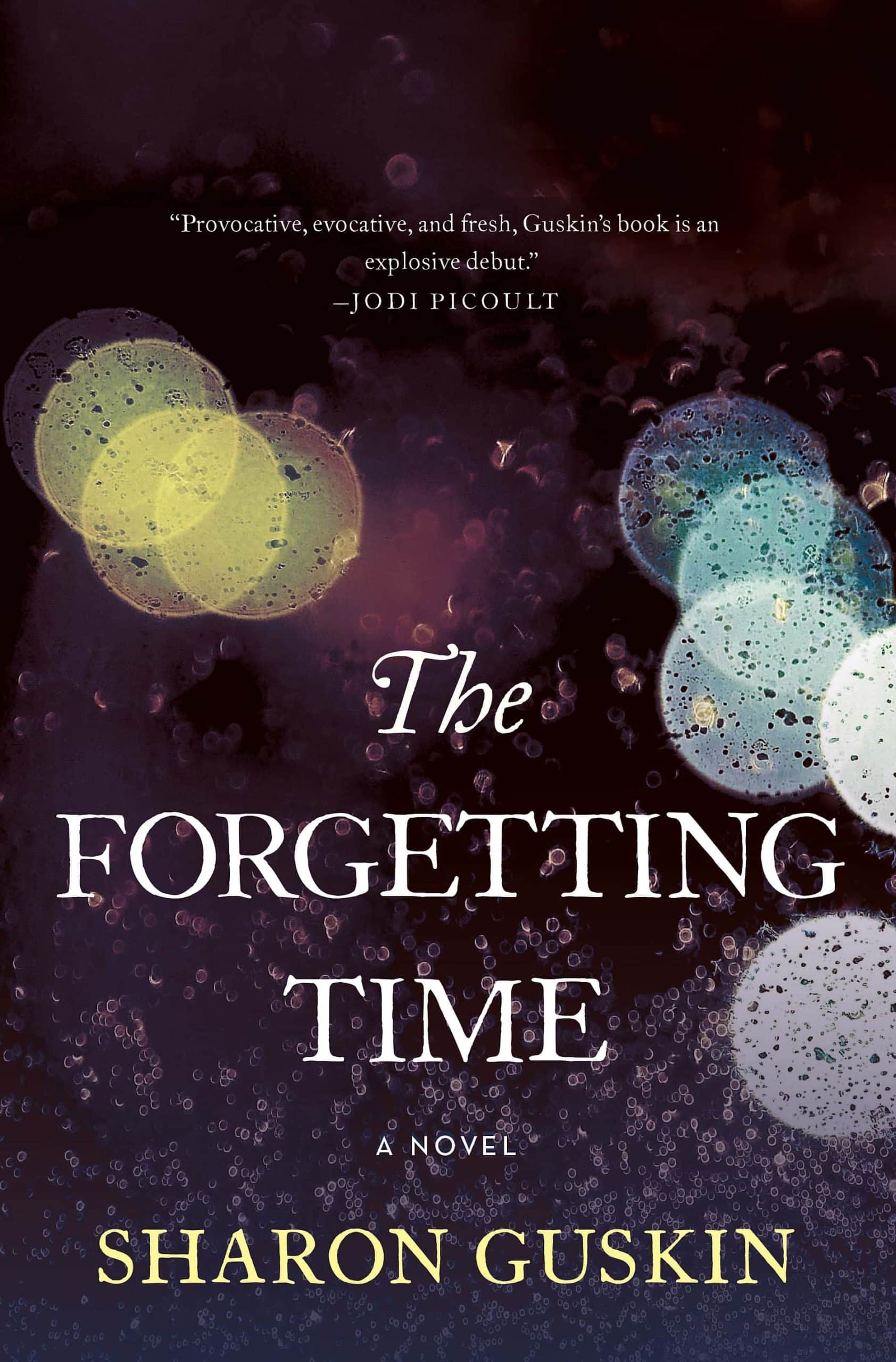
So I never had any regrets, but there were times, for sure, when I wished she would just sign off on a draft. When I’d look at her editorial note and groan — oh, no, she thinks I haven’t nailed this yet…in retrospect, I’m very happy she was so hard to please, as I’m proud of the book that we ended up with.
It’s true she has had many successes, but I think that’s because her storytelling instincts are so strong. There’s no formula, at least as far as I can tell. The only formula is no formula.
How is it different being an older debut author? Both of us started writing in our twenties; would it have changed your life to have been published back then?
VIRGINIA: Who can guess? Like everything else in life, we can never know the opportunity costs.
But I can say that one clearly good thing came out of publishing later in life: River of Dust is by far a better book than the previous ones. And Dreams of the Red Phoenix might be better still! You improve as a writer with practice. So there’s plenty of consolation in that. In the end, what matters more than success in publishing is writing the best books we can write.
How about you? How different would your life—and your books—be, if you’d been published earlier?
SHARON: Some people can write good books very early, they have that facility, but it took me a great deal of time and effort to figure it all out. And while I was plugging away all those years, I discovered the freedom that comes from not identifying oneself with success or lack of success — when I was in my twenties, at some level I believed that my worth was tied to these markers of external or material success, and it made me pretty anxious. And I don’t believe that any more, which turns out to be a much calmer place to be.
Do you have any advice to people still plugging away?
VIRGINIA: That’s it: just keep plugging away. Remember there’s no deadline on writing a great book. And read well. Study how other writers have tackled their stories. Cheer on your peers. And try to have the writing itself remain the biggest satisfaction.
SHARON: Oh, great advice. Also: watch your mind and what you’re feeding it– Are you spending too much time on social media or reading things that have no meaning or value for you? Are you spending too much time fantasizing about success or worrying about other people’s achievements? Keep connecting to your intention, what it is that you want to bring into the world, why you want to write this particular book. Keep bringing yourself back to that, believe in that, work hard — and keep going. You really might get there. After all, we did.
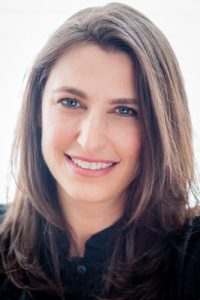
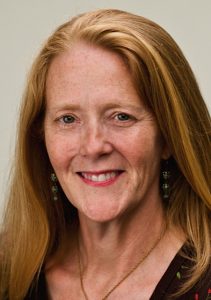
Virginia Pye’s novels, RIVER OF DUST and DREAMS OF THE RED PHOENIX are available now from Unbridled Books. www.virginiapye.com/virginiapyebooks.html
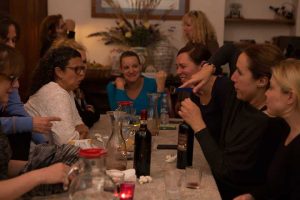

Get ready to connect to your joy, manifest the life of your dreams, and tell the truth about who you are. This program is an excavation of the self, a deep and fun journey into questions such as: If I wasn’t afraid, what would I do? Who would I be if no one told me who I was?
Jennifer Pastiloff, creator of Manifestation Yoga and author of the forthcoming Girl Power: You Are Enough, invites you beyond your comfort zone to explore what it means to be creative, human, and free—through writing, asana, and maybe a dance party or two! Jennifer’s focus is less on yoga postures and more on diving into life in all its unpredictable, messy beauty.
Note Bring a journal, an open heart, and a sense of humor. Click the photo to sign up.

[…] was a member of my writers group. I feel lucky to have met her in person. Check out this lovely conversation she had with a fellow writer about getting her debut into the […]